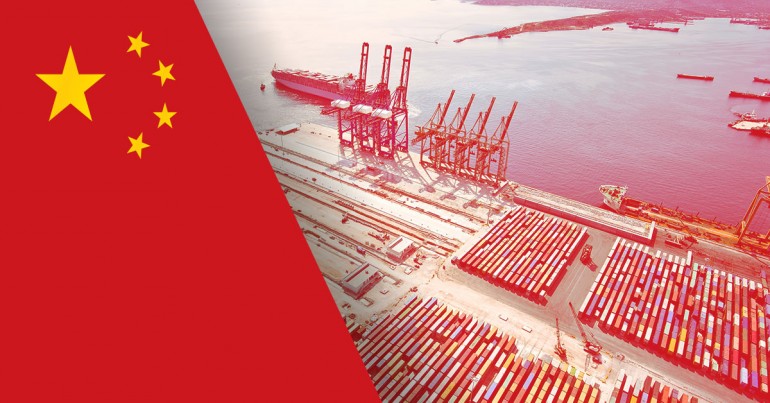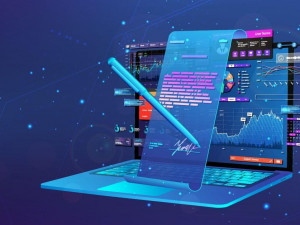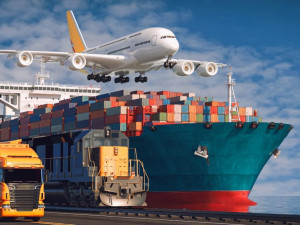
The China wholesale market is both vibrant and competitive; gone are the old state monopolies and there are now several companies in several regions that can supply goods of high quality, but the price may vary so it pays to shop around.
Discover the best international transfer rates for imports and exporters.

Finding the correct supplier is a minefield and it may be wise to initially work with a middleman but, be warned, they do not always abide by the golden rule; the one with the gold makes the rules!
The middlemen are rarely independent and are trying to be paid from all sides. Yes, they will say they work for you, but they will also be paid by the supplier to bring in new business, possibly the municipality of the region you are visiting, and maybe even a trade association or fair.

Register for free to get started on a better global payments experience!

About Alan Hill
Alan has been involved in the FX market for more than 25 years and brings a wealth of experience to his content. His knowledge has been gained while trading through some of the most volatile periods of recent history. His commentary relies on an understanding of past events and how they will affect future market performance.”



